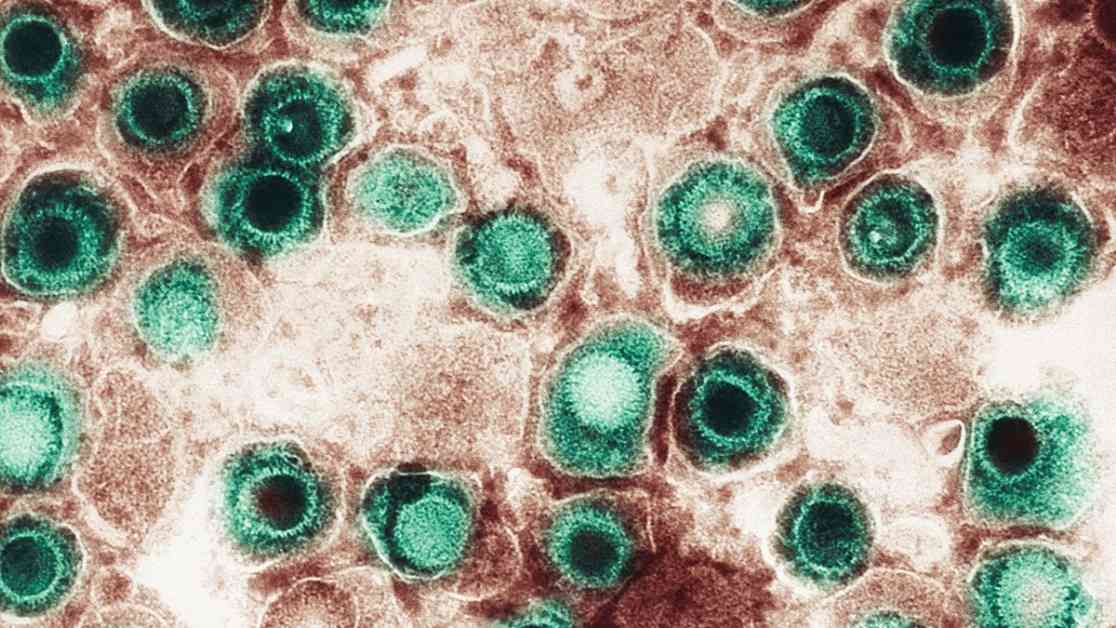Link Between Concussions and Dementia
A groundbreaking study has shed light on a potential connection between concussions and dementia, highlighting the role of the herpes simplex virus 1 (HSV-1) in brain health. The study suggests that head trauma can reactivate dormant viruses in the brain, leading to changes that may contribute to the development of dementia. This revelation could have significant implications for understanding and potentially preventing neurodegenerative diseases.
Understanding the Science
Researchers have long known that brain injuries, such as concussions, increase the risk of dementia. The study found that repeated blows to the head can elevate this risk, potentially triggering a cascade of events in the brain that mirror the changes seen in Alzheimer’s disease and chronic traumatic encephalopathy (CTE). These changes include the buildup of abnormal proteins and the malfunction and death of brain cells, all of which are hallmarks of neurodegenerative disorders.
The Role of Herpes Simplex Virus 1
One of the most intriguing findings of the study is the potential link between brain injuries and the reactivation of HSV-1 in the brain. The virus, commonly associated with cold sores, has the ability to go dormant in the body and then reactivate under certain conditions. Researchers demonstrated that physical injury can trigger the reactivation of latent viruses in the brain, leading to inflammation and changes in brain cell function that are characteristic of dementia.
Implications for Future Research
While the study provides valuable insights into the relationship between concussions, viruses, and dementia, further research is needed to confirm these findings in human subjects. The use of miniature laboratory models of the brain allowed researchers to investigate the mechanisms underlying this phenomenon, but translating these results to clinical applications will require additional studies.
The researchers are optimistic about the potential for developing new therapies that target the reactivation of HSV-1 in the brain. By understanding how injuries can lead to viral reactivation and subsequent neurological changes, scientists may be able to develop interventions that prevent or mitigate the development of dementia following head trauma.
As we continue to unravel the complexities of brain health and disease, studies like this one remind us of the intricate connections between our physical well-being and the microscopic world of viruses. By exploring the intersection of neuroscience and virology, researchers are uncovering new avenues for understanding and potentially treating devastating conditions like dementia.
In a world where the boundaries between disciplines are increasingly blurred, collaborations between experts in diverse fields hold the key to unlocking the mysteries of the human brain. As we look to the future of brain health research, the implications of studies like this one are both profound and promising. Let us continue to support and celebrate the groundbreaking work of scientists who are dedicated to unraveling the complexities of the mind and the body.




